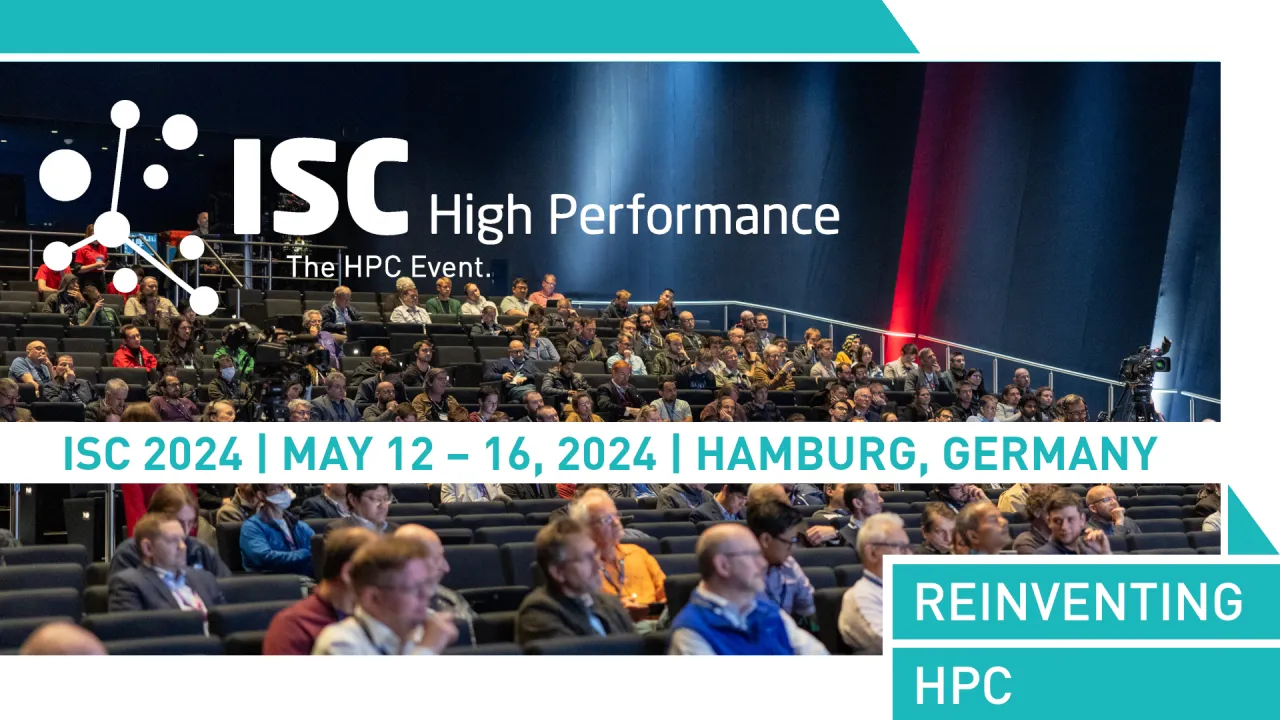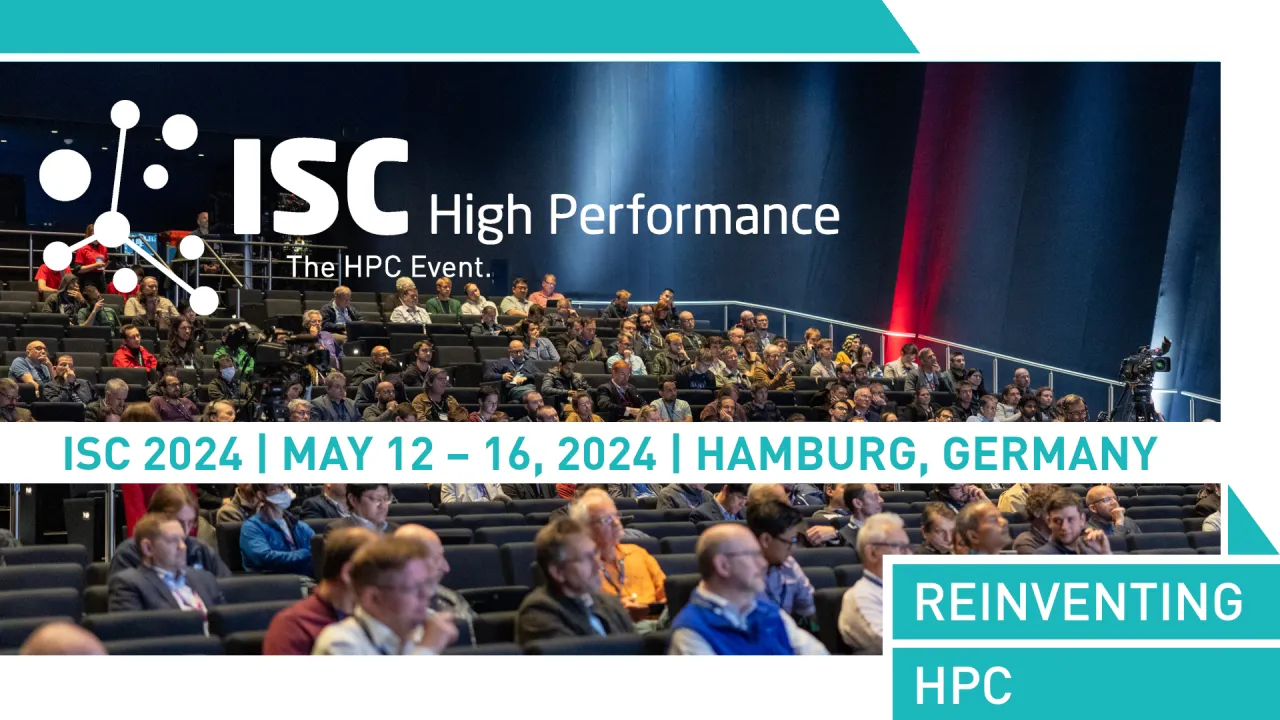

Towards Hardware Agnostic Standards in Hybrid HPC/Quantum Computing
Tuesday, May 14, 2024 4:45 PM to 5:45 PM · 1 hr. (Europe/Berlin)
Hall E - 2nd floor
Birds of a Feather
Integration of Quantum Computing and HPCQuantum Computing - Technologies and ArchitecturesQuantum Program Development and OptimizationQuantum-inspired Algorithms and Technologies
Information
The first quantum computing devices are on the market. The perspectives are immense and solutions are blossoming. As it became possible to run actual code on actual QPUs or in emulated environments, every actor of this new domain tried to set up programming solutions from a blank page. The result is a large “zoo”, where every vendor solution comes with its own interfaces, the most visible ones being Python frameworks.
This BoF aims to foster common “hardware-agnostic” standards. This covers the API, protocols to connect QPUs and the hosts, scheduling and benchmarking. In particular, it covers the following related topics:
* Programming: Numerous python frameworks do exist for programming QPUs. Having a hardware-agnostic framework and interoperating with other regular programming languages or pragma-based approaches would help in writing portable programs.
* Integration/coupling with computing center: State-of-the art QPUs will stand aside the racks of a supercomputer, and are connected to them by standard networking. The protocols to connect QPUs and CPUs should be standardized.
* Scheduling: As part of a computing center, the usage of QPUs should be accounted and scheduled. Standards will help building efficient scheduling policies in HPC schedulers.
* Benchmarking: HPC machines are usually and mainly ranked by the use of the Linpack benchmark, with companion Green500 and more. The development of QC benchmarks which would complete adoption by the community would be an important step for QC.
Format
On-site
Targeted Audience
The intended audience for this event consists of HPC and QC users and developers who are looking forward to standardizing QC and benefit from actual portability of programs and algorithms. This covers both experts in numerical methods or system developers aiming to integrate QC in HPC environment.
Speakers

Venkatesh Kannan
Technical ManagerIreland's High-Performance Computing Centre, National University of Ireland Galway (NUIG)
Kristel Michielsen
Prof.Forschungszentrum Jülich
Travis Humble
DirectorOakridge National Laboratory
Mitsuhisa Sato
Division DirectorRIKEN, Juntendo University
Philippe Deniel
Fellow ExpertCEA
William Gropp
Director, NCSANCSA
Patrick Carribaullt
Fellow ExpertCEA
